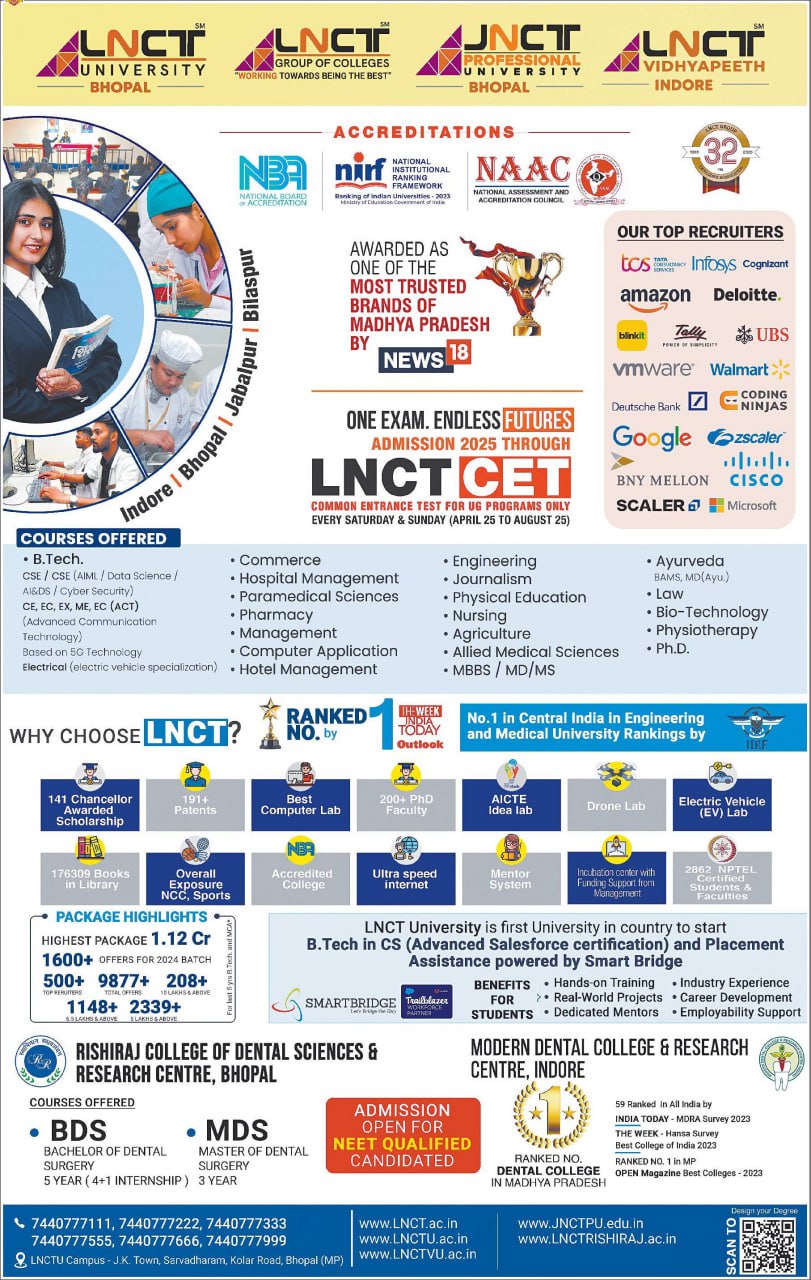In an increasingly volatile political climate, where rhetoric often overshadows reason, Congress leader Rahul Gandhi’s recent “match-fixing” allegation regarding the Maharashtra results has ignited yet another institutional flashpoint. The Election Commission of India (ECI), usually restrained in its public commentary, responded swiftly and sharply—calling Gandhi’s accusation “completely absurd and baseless.”
The context? Rahul Gandhi alleged that the Maharashtra Lok Sabha poll outcomes were pre-decided, suggesting the ruling alliance benefitted from manipulated results. His words added fuel to the post-result unrest within the opposition ranks, many of whom had expected a stronger performance in Maharashtra—particularly given the Maha Vikas Aghadi (MVA) alliance’s aggressive campaign.
The ECI’s detailed rebuttal clarified that due electoral process was followed, all data including Form 17C was shared with candidates, and no manipulation was possible under the surveillance-heavy counting system. It labeled the allegations not only factually incorrect but damaging to public trust in constitutional bodies.
This isn’t the first time political actors have thrown aspersions on electoral fairness. However, there’s a fine line between constructive criticism and unverified conspiracy. Accusing an institution of complicity without presenting any substantive proof undermines democratic resilience. At a time when voter confidence is crucial to India’s electoral fabric, casual allegations of rigging or collusion do more harm than good.
Moreover, such statements risk backfiring politically. While they may energize loyal bases, they alienate the undecided middle—the very segment Gandhi and the Congress party seek to reclaim. Unlike institutional criticism based on process loopholes or administrative lapses, framing defeat as rigged without evidence appears more like deflection than strategy.
In this episode, the ECI has rightly stood its ground. Electoral trust is not a partisan trophy; it is a shared national asset. To weaken it for short-term political gains is a gamble no side should take. If the opposition has concerns, they must pursue legal recourse and data-backed investigation—not reckless public allegations.
India’s democracy, though noisy and often contentious, rests on institutional scaffolding that must be both transparent and protected. Disagreeing with results is a political right; discrediting them without cause is a democratic wrong.






